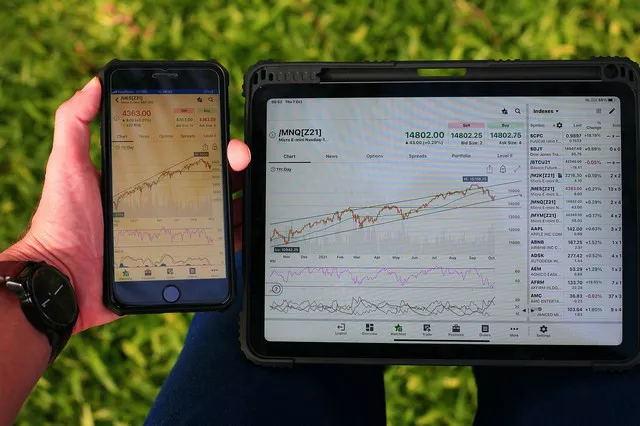In light of mounting geopolitical tensions and worldwide food price fluctuations driven by factors such as the COVID-19 pandemic and Russia’s invasion of Ukraine, China is intensifying its efforts to achieve self-sufficiency in soybeans, a vital commodity for both human and animal protein consumption. This endeavor is part of China’s broader strategy to bolster its food security and reduce its reliance on international trade, particularly for key staples.
China has historically implemented protective tariffs, farmer subsidies, and large government-run grain warehouses to attain high self-sufficiency rates in staples like rice and wheat. However, achieving self-sufficiency in soybeans presents a unique challenge due to unfavorable growing conditions and resistance to genetically modified (GM) crops. As a result, about 75% of China’s soybean imports originate from the United States and Brazil.
In the wake of the US-China trade war that erupted in 2018, China initiated efforts to diversify its sources of soybeans and boost local production. Despite these initiatives, domestic supplies cannot fully compensate for the deficit left by reduced US imports, mainly due to robust market demand and limitations in available arable land. According to Darin Friedrichs of Sitonia Consulting, this situation underscores the complexity of China’s path to soybean self-sufficiency.
President Xi Jinping’s domestic policies, emphasizing the importance of self-sufficiency in food security, are reshaping global agricultural trading patterns. However, experts assert that market dynamics continue to play a predominant role. China’s ability to effectively implement self-sufficiency objectives is constrained by financial constraints and the fragmented nature of its agricultural sector. Moreover, the relatively small scale of Chinese farms presents challenges in adopting advanced farming technologies, like GPS monitoring devices widely used in the United States and Brazil.


